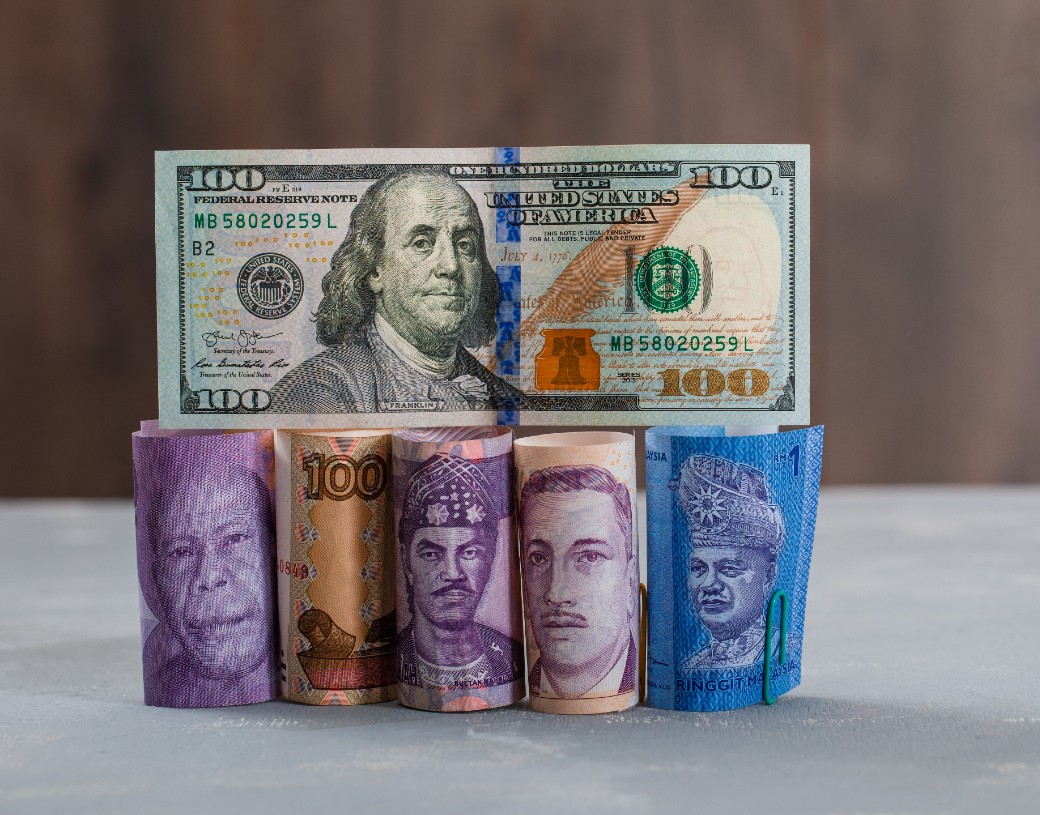Nigeria is taking a risk that might change its economic trajectory in an international context where the US dollar is generally considered the de facto dominant currency. Despite suffering a defeat at the 15th BRICS conference in Johannesburg, the African giant is still looking to strengthen its own currency, the Naira, and increase its financial independence. This idea is both bold and complicated since it requires a dramatic shift from the usual dollar-denominated crude oil trading to transactions in Naira.
Nigeria’s Economic Pivot: Strengthening the Naira
The concept of shifting away from the United States dollar as the currency of exchange for oil commerce in Nigeria is not only a transitory notion; rather, it is a premeditated strategy with the intention of bolstering economic autonomy. One of the most notable Senior Advocates of Nigeria, Femi Falana, has been a strong supporter of this move. He thinks Nigeria should follow the lead of the BRICS countries, who have made de-dollarization a priority in their trade policies. Through this action, Nigeria would not only be able to strengthen its currency, but it would also be able to establish a stronger control over its economic affairs, so avoiding the shifting fortunes that are associated with the worldwide hegemony of the dollar.
The argument provided by Falana originates from a more expansive perspective in which Nigeria, via the promotion of the Naira as a payment for crude oil, has the potential to inspire a transformation in the dynamics of world commerce. This action is being considered as a means of bringing about a rise in the dominance of local currencies in international commerce. The use of Nigeria’s vast oil resources for the purpose of achieving greater financial stability and prosperity is a step in the right direction.
The Naira’s Journey Amid Global Shifts
The Naira has been under intense pressure in recent years, providing a turbulent economic background to Nigeria’s ambitious agenda. A significant decrease in the liquidity of the dollar has caused the Naira to hit historic lows in relation to the dollar. This scenario has been made worse by the decreased trade volumes that have occurred in the official foreign exchange market. The Central Bank of Nigeria has been aggressive in the face of these issues, taking steps with the goal of increasing market dollar liquidity and stabilizing the Naira. It is a tribute to the possibility for recovery and expansion that these efforts have been successful, as they have brought in more than one billion dollars’ worth of foreign currency to the market with them.
But there are many obstacles and twists on the path to de-dollarization. Given the close relationship that exists between the dollar and the Nigerian economy, any move toward the use of the Naira in the oil trade would be a massive endeavor. It is not enough to have the willpower of the country; it also needs the support of foreign trade partners who are prepared to accept the Naira as the currency of exchange for oil transactions. It is possible that this action would have significant repercussions for Nigeria’s commercial ties, the equilibrium of the financial system, and the order of the global economy. We can only hold out hope that the nation’s efforts be fruitful.





